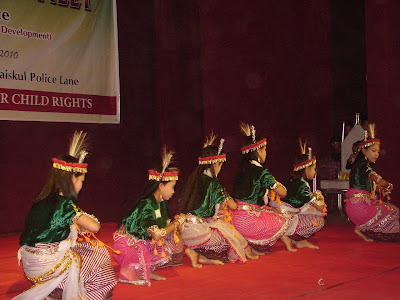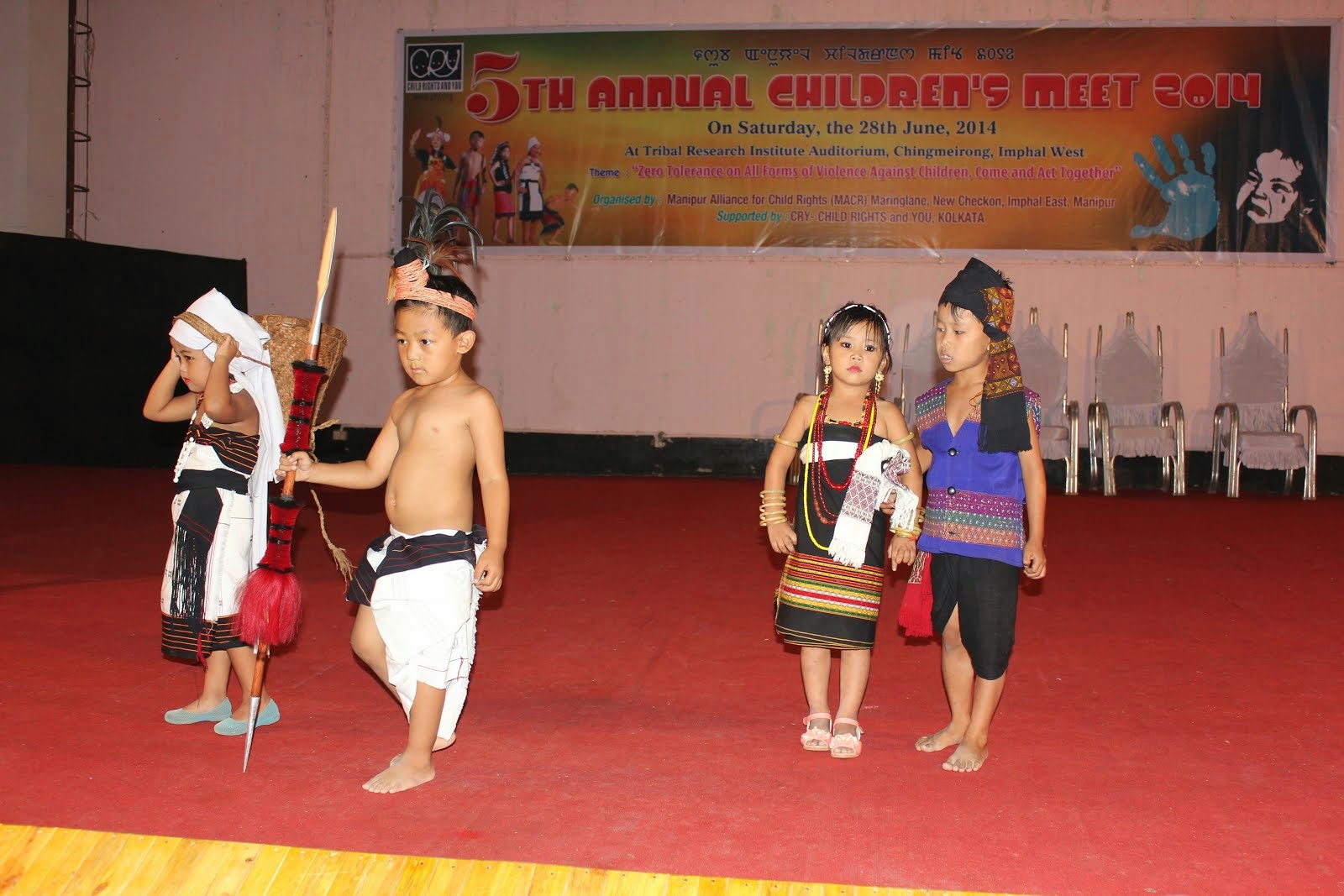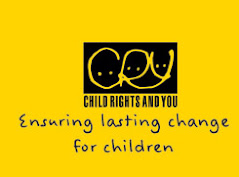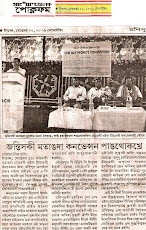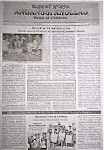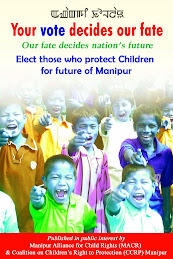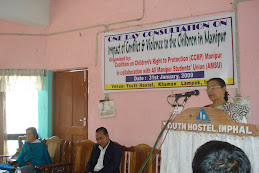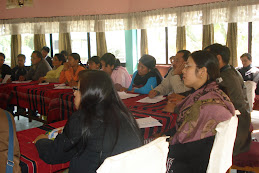IMPHAL, Dec 11: The Manipur Alliance for Child Rights MACR, has drawn the attention of National Commission for Protection of Child Rights NCPCR to intervene and deliver justice to the recent incident of suicide of a student of class XII Science of Jawahar Navodaya Vidyalaya, Umathel Thoubal district on November 29 last month.
In an official memorandum of MACR submitted to the chairperson, NCPCR Dr Shantha Sinha yesterday, elaborated that the victim of the corporal punishment meted out by the authority of JNV, Umathel Thoubal district, Chingkham Brington, 17, son of Ch Ibohal of Kakching Makha Leikai Naodam bazaar committed suicide and very suicidal case has been taken as an example of practicing corporal punishment and abetment to committing suicide of an innocent brilliant student.
The memorandum further recalled that, on November 29 last the deceased, a student of class – XII science, of JNV, Umathel Thoubal district, engaged into a friendly conversation with one girl student inside the classroom at around 9am some minutes before the class hour. On seeing the duo already inside the classroom, some classmates decided to make fun of the situation. They mokingly said, ‘We would not let you come out from the room’ and shut up the door of the room from outside. Brington also reacted with flash of humor and said, “Then, we would not allow you all to enter inside” the same door was shut up from inside.
It further recalled that, incidentally, one Chongtham Babita, one of the teacher, came there, however, she could not sense the humorous situation. Rather, she interpreted the situation very differently and charged the two students inside the room of indulging gross moral misconduct. Surprisingly, the said teacher did not listen to the statement and clarifications given by the eyewitness students who stood around the classroom. She even slapped twice to a student who tried to convince her about the truth behind the incident.
The official memorandum further mentioned that, instead of enquiring the matter calmly, Chongtham Babita immediately rushed to the principal and lodged a complaint against the two students. The principal also did not listen either statement of the eye witnesses or explanations from the two students in question. Chongtham Babita the teacher, scolded the two with accusation and abusive words continuously. Mayengbam Raghumani, the principal took a harsh decision and sent back the two students to their respective homes at around 11.30 am of the same day. On the other hand, student Brington, who could not bear the humiliation meted out to him in presence of his classmates, committed suicide at a nearby place at his village, on the same day.
The memorandum of the MACR further mentioned that after a fact finding visit, MACR is of the opinion that the opinion that the way the school authority dealt the case was totally non child friendly, stigmatizing, and unfair. Since school authority did not take time to consider either for cross verification with eyewitness or self explanations from the two students, it was a stark example of overriding the principles of fair ahd humane dealing with juvenile or child. Dignity and worth of the said two students were seriously hurt by the humiliation meted out by the school authority. Therefore, the MACR requested chairperson of the NCPCR to intervene the JNV Umathel suicide case, in order to deliver justice to the bereaved family and not to repeat such case of corporal punishment which gravely inflicting dignity, sentiment and emotion of children.
The memorandum further urged to take up necessary stern action, so that the NCPCR guidelines on prohibiting corporal punishment and the subsequent letter to chief secretaries of the state also the Ministry of Women and Child Development’s Guidelines and ruling of the Supreme Court on December, 1 2000 banning corporal punishment, are really followed and properly implemented in the state of Manipur.
The memorandum further urged specifically, to give direction to all concerned authority of educational institutions that a child rights cell/forum having facilities for child counseling in every schools is set-up so that children could lodge their complaints.
Finally, the official memorandum of the MACR requested the chairman NCPCR to give directions to the state government again to set up State Commission for Protection of child rights without further delay, since many child rights violation cases including child trafficking, child soldier, child abuse, atrocities to children living with HIV/AIDS are occurring so frequently in the state. Besides, the rights of children to free and compulsory Act, 2009 cannot be properly implemented without the state Commission for Protection of Child Rights in the trouble torn Manipur state, the memorandum added.










